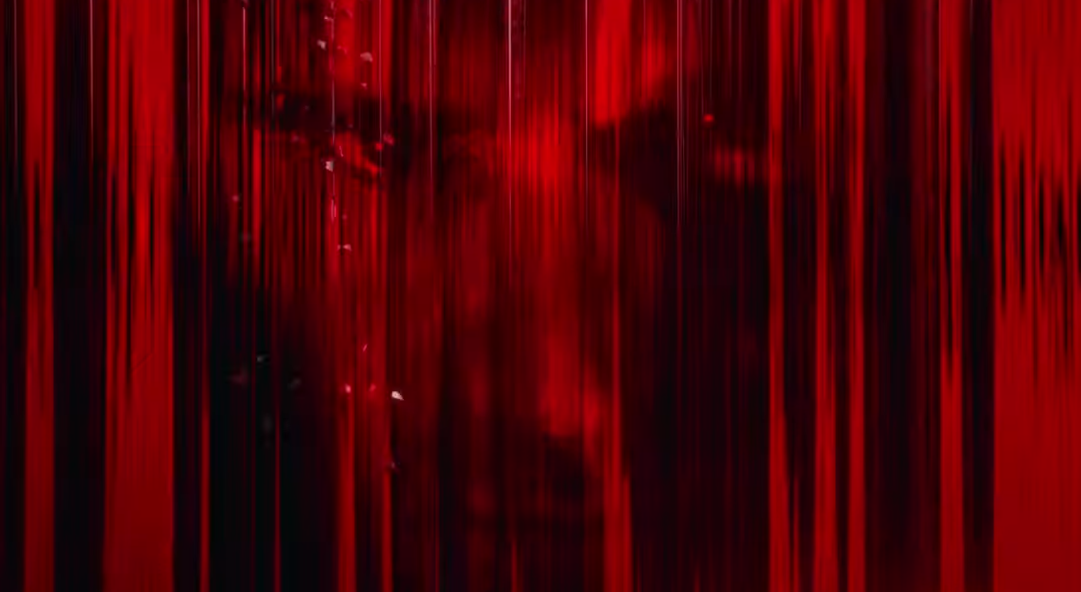Senua’s Saga: Hellblade II sees its titular protagonist in a very different headspace compared to the first game, when the Pict warrior was largely at the mercy of the antagonistic, psychosis-induced voices in her head. She’s more confident in herself in Hellblade II and in this new-found agency, she’s able to connect with people again. Ahead of Hellblade II’s May 21 release, I spoke to lead actor and Ninja Theory video editor Melina Juergens, Ninja Theory scriptwriter and performance capture director Lara Derham, and Bernard Wolfe Professor of Health Neuroscience Paul Fletcher (a key collaborator on both Hellblade games) about Senua’s evolving perception of her psychosis and how that will inform her narrative arc.
“At the end of the first game, [Senua] was really confronting a lot of new things, and that’s a very difficult part of the journey,” Derham told me. “I think at the end of the game, she came to a sense of–I wouldn’t say complete peace, but more peace and more acceptance. And she had started to question and put aside her father’s teachings: that this difference that she had that she shares with her mother is evil and wrong.”
She continued: “So I think [Senua is] at a point now where she’s prepared to move forward and look at what comes next. And for her, what comes next is this mission that she feels very strongly that she’s destined to do, that she’s chosen for. And this is to do with the promise that she made to Dillion about not letting anyone suffer as he did. So I think I like to see it as a step out into the world because it’s not just about her and her pain, it’s about other people. And there’s a real selflessness to this decision that she makes, especially since she’s putting herself at such great risk.”



